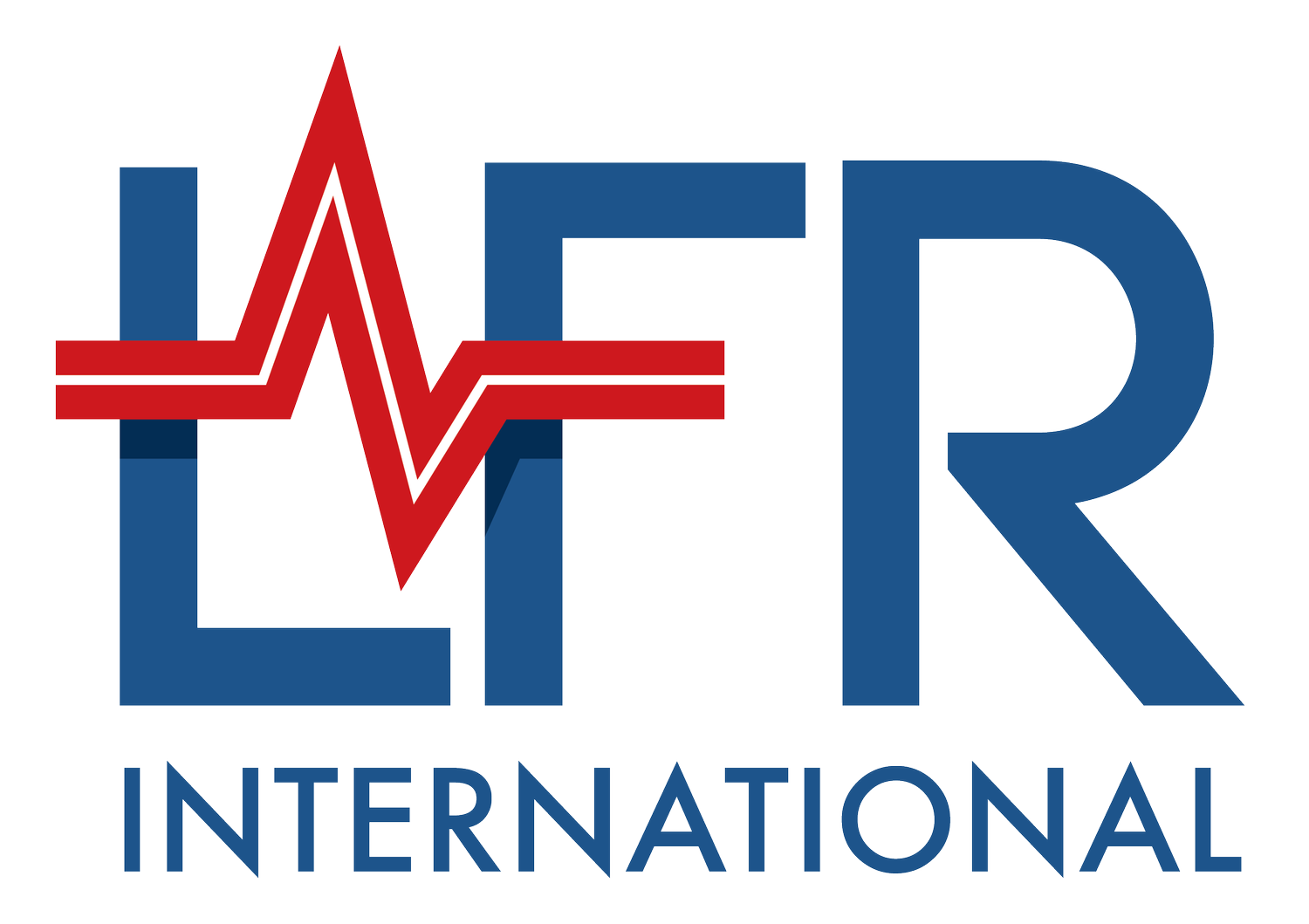Legal Work
Protecting first responders is a vital aspect of any emergency medical service.
That’s why we’ve partnered with select lawyers, advocates, and national leaders worldwide to advocate for protective legislation, called Good Samaritan laws. What are Good Samaritan laws and why do we need them? We’re glad you asked.
What is a Good Samaritan Law?
Good Samaritan Laws (GSLs) are developed to encourage people to help others in emergency situations by granting legal protection to first responders who provide well-intentioned first aid care (within their scope of training) to trauma victims. Currently, Good Samaritan laws do not exist in any country on the African continent.
What are Some Common Features to a GSL?
Duty to assist – people are required to provide aid to a victim, even if that is just calling others for help.
Imminent peril – some actions are reckless and not worthy of protection if the victim is not in imminent peril.
No reward/compensation expected – only first aid provided without the intention of reward or financial compensation is protected by Good Samaritan Laws.
Obligation to remain – if a responder begins rendering aid, he/she must not leave the scene until: (1) a rescuer of equal or higher ability takes over, or, (2) the scene becomes unsafe.
Consent – a first responder must obtain consent/permission from a patient to treat him/her, or from the legal guardian if a patient is a minor, unless it is not possible because of the patient is unconsciousness (has an altered mental status), at which point, a responder may assume implied consent (that a reasonable person would ask for help with a life-threatening injury) and proceed.
Why are these laws necessary?
There are a number of reasons to pursue passing legislation for Good Samaritan Laws, especially as efforts are expanded upon to scale up emergency medical services in low- and middle-income countries. In nations without GSLs, responders may be reluctant to provide life-saving care as they are concerned about:
Being liable in the case litigation is brought against them by a person they help. A study from India, where prehospital care is comparably sparse, found that 75% of people were hesitant to assist in emergencies (88% of whom said it was due to the fear of legal repercussions).
Being detained by police at the scene of an accident they stop to assist with
Being forced to pay the hospital bills of trauma victims they voluntarily transport to the hospital
Repeatedly questioned by police or the courts after providing care
Lacking legal protection is a great disincentive to trained first responders and dedicated full-time responders, and an impediment to future emergency medical services development worldwide. The issue becomes especially pressing now as emergency medical services have recently been declared a health priority by the World Health Organization’s 72nd World Health Assembly

